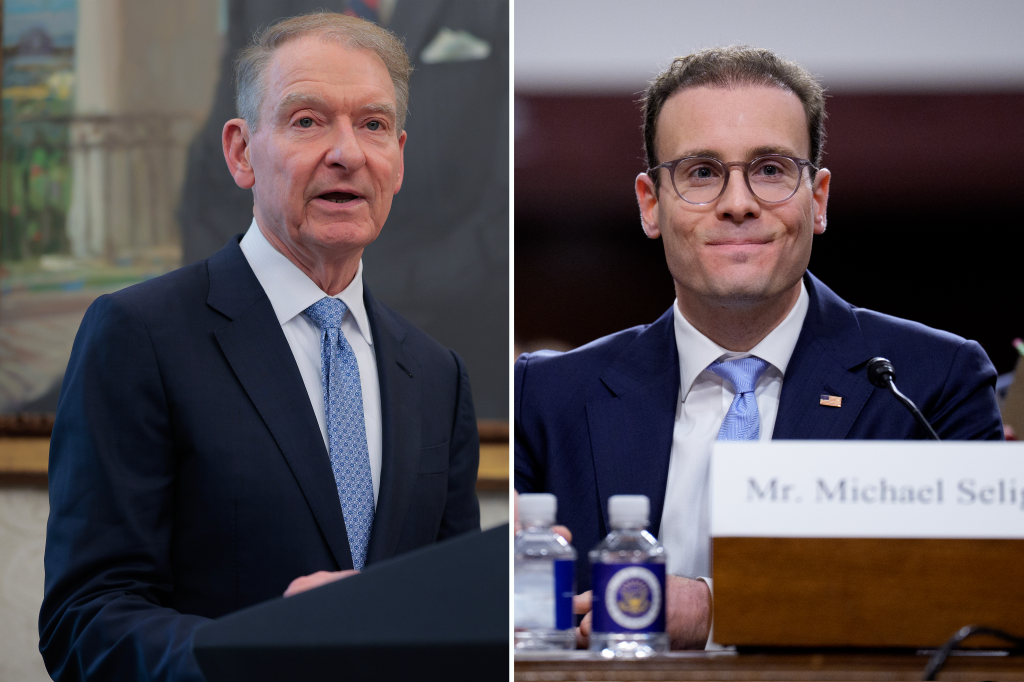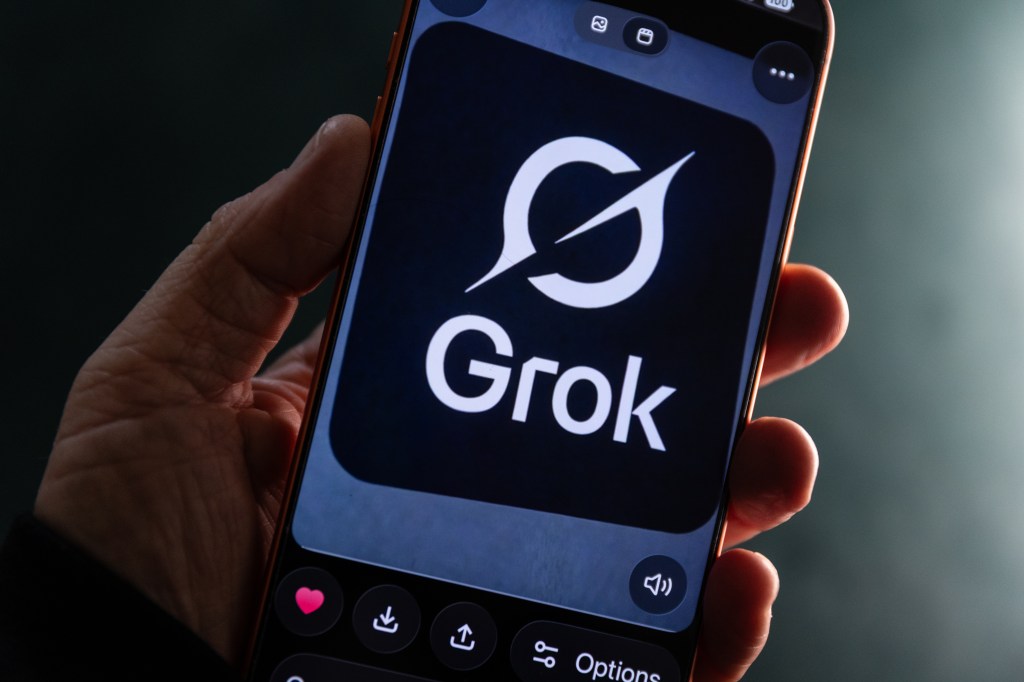Coinbase has accused the SEC of destroying nearly a year of text messages from former Chair Gary Gensler, urging a federal court to impose sanctions on the securities regulator.
The legal motion filed by the digital asset exchange and custodial wallet service last week requested a hearing to address the SEC Office of the Inspector General’s (OIG’s) investigation’s recent finding that the agency had deleted nearly one year’s worth of text messages from Gensler and other senior officials in “avoidable” errors.
Coinbase specifically seeks an explanation of why the SEC did not conduct a full search of agency records, including such text messages, when it requested the messages in several Freedom of Information Act (FOIA) filings from 2023 and 2024. (History Associates, a research group, had been the source of those FOIA requests, and the group sued both the SEC and Federal Deposit Insurance Corporation.)
The lost messages cover the time from August 2022 to August 2023, a period in which some consequential events in the cryptocurrency sphere occurred, including the rapid implosion of FTX (one of the world’s largest cryptocurrency exchanges), plus multiple high-profile enforcement actions against crypto platforms (including Coinbase), one of them featuring the sentencing and imprisonment of Binance founder Changpeng Zhao.
Motion seeking transparency
Coinbase said it specifically wanted all communications linked to Ethereum’s transition to proof-of-stake, which formed the basis of some of the FOIA requests. Coinbase argued the SEC failed to conduct a complete search when responding to the requests in 2023 and 2024.
And the company accuses the SEC of delaying searches and using narrow search terms, hindering a full review of key information.
The motion asked the court to not only compel the SEC to turn over all responsive materials, but also to consider further remedies, including attorney fees and even the appointment of a special counsel if the SEC’s actions are found to have violated court orders.
“We identified one matter where a FOIA specialist interpreted a request for ‘all emails or other communications’ as not to include text messages, so OIT did not search for responsive texts.”
SEC’s Office of the Inspector General
For context, in September 2022, Ethereum replaced its proof of work (PoW) consensus mechanism with proof of stake (PoS) in a move known as “the merge.” Compared with a PoW system, PoS is more accessible, as anyone can participate if they have the funds rather than requiring expensive hardware.
The motion also seeks a hearing on an early September OIG report about the lost text messages.
“When Chairman Atkins was briefed on this matter, he immediately directed staff to examine and fully understand what occurred and to take steps that will prevent it from happening again,” an SEC spokesperson said. “Taxpayers and those regulated by the Commission must have full confidence in our work.”
The OIG’s report
Gensler’s messages were automatically deleted by the SEC’s information technology department before the messages were backed up, according to the OIG’s investigation.
The special report from the agency’s watchdog found that the loss of Gensler’s texts was “inadvertent,” with the SEC’s Office of Information Technology (OIT) wiping the device in August 2023 under the erroneous belief that it was no longer in use. The OIG said the technology department attempted a factory reset to reclaim the lost texts, but the reset was unsuccessful.
In its motion, Coinbase responds, noting that had the text messages been handed over when it first requested them in July 2023, none of this would have happened.
Coinbase further cites the OIG’s findings that the Commission excluded officials’ text messages while it was processing FOIA requests, when many of these communications qualified as agency records subject to FOIA.
The report observes that internal FOIA guidance at the SEC “did not clearly state how to interpret a request for a broad term such as ‘communications’.”
“We identified one matter where a FOIA specialist interpreted a request for ‘all emails or other communications’ as not to include text messages, so OIT did not search for responsive texts,” according to the OIG.
Regulatory even-handedness
By bringing Gensler’s deleted messages to light and seeking this investigation, Coinbase has a few objectives.
Coinbase said that the SEC should be “held to its own standard” when it comes to internal communications policies, noting that the agency has imposed over $1 billion in fines on firms that did not meet their agency’s recordkeeping obligations.
In issuing the fines, “the SEC has emphasized that ‘everybody should play by the same rules’ and be held ‘accountable for violating … time-tested recordkeeping requirements,’” Coinbase said. “That includes the SEC.”
The company further alleges that the SEC did not disclose the loss of records in a timely manner. According to Coinbase, this lack of transparency further undermines trust in the SEC’s regulatory practices. Coinbase Chief Legal Officer Paul Grewal noted that the exchange has requested that the court address the gross violation of public trust and urged the court to ensure that there is no recurrence of such a situation.
The company is asking for an “expedited discovery, sanctions, and immediate production of all responsive texts.”
Coinbase also hopes to uncover whether Gensler’s private communications contained insights into how the SEC made critical decisions about its enforcement priorities and decisions.
In February, the SEC filed a joint stipulation with Coinbase Inc and Coinbase Global Inc to dismiss its ongoing civil enforcement action against the two entities for charges premised in allegations of operating as an unregistered securities exchange and facilitating the trading of unregistered securities.
When the SEC had first filed its enforcement action, though, SEC communications were among the documents sought as Coinbase prepared its defense.













